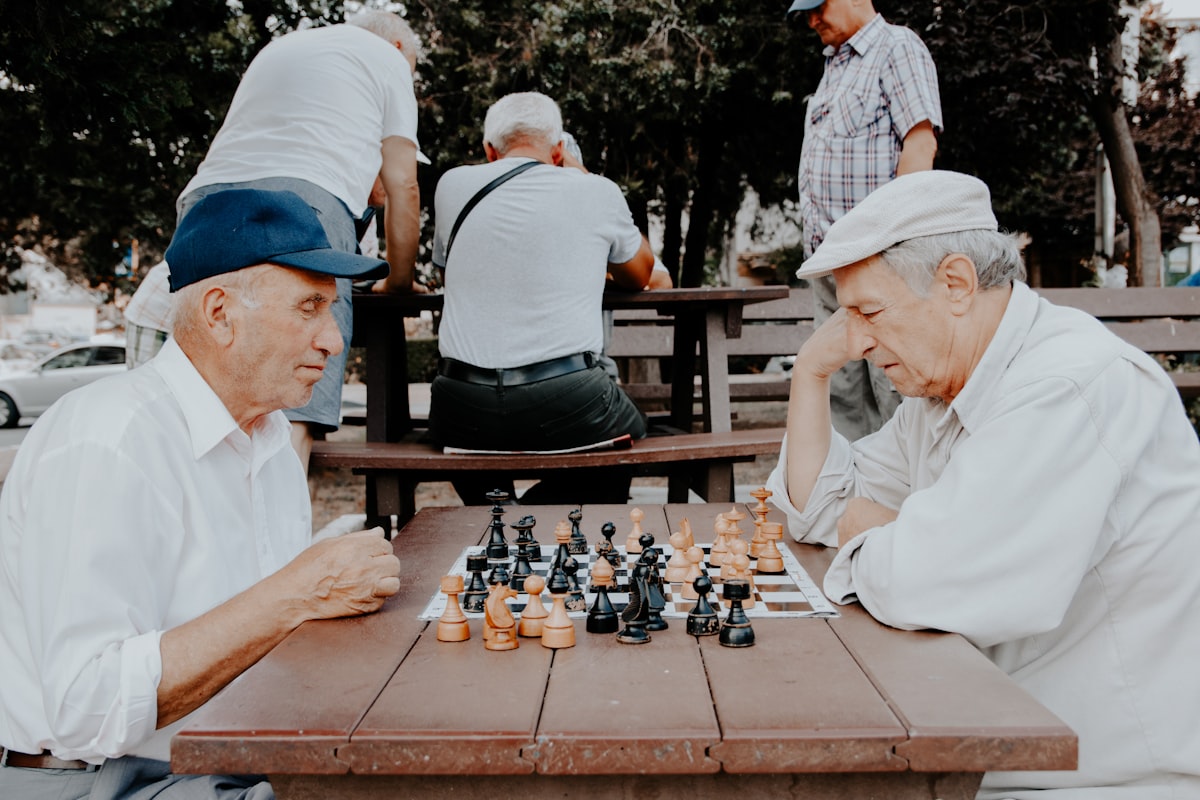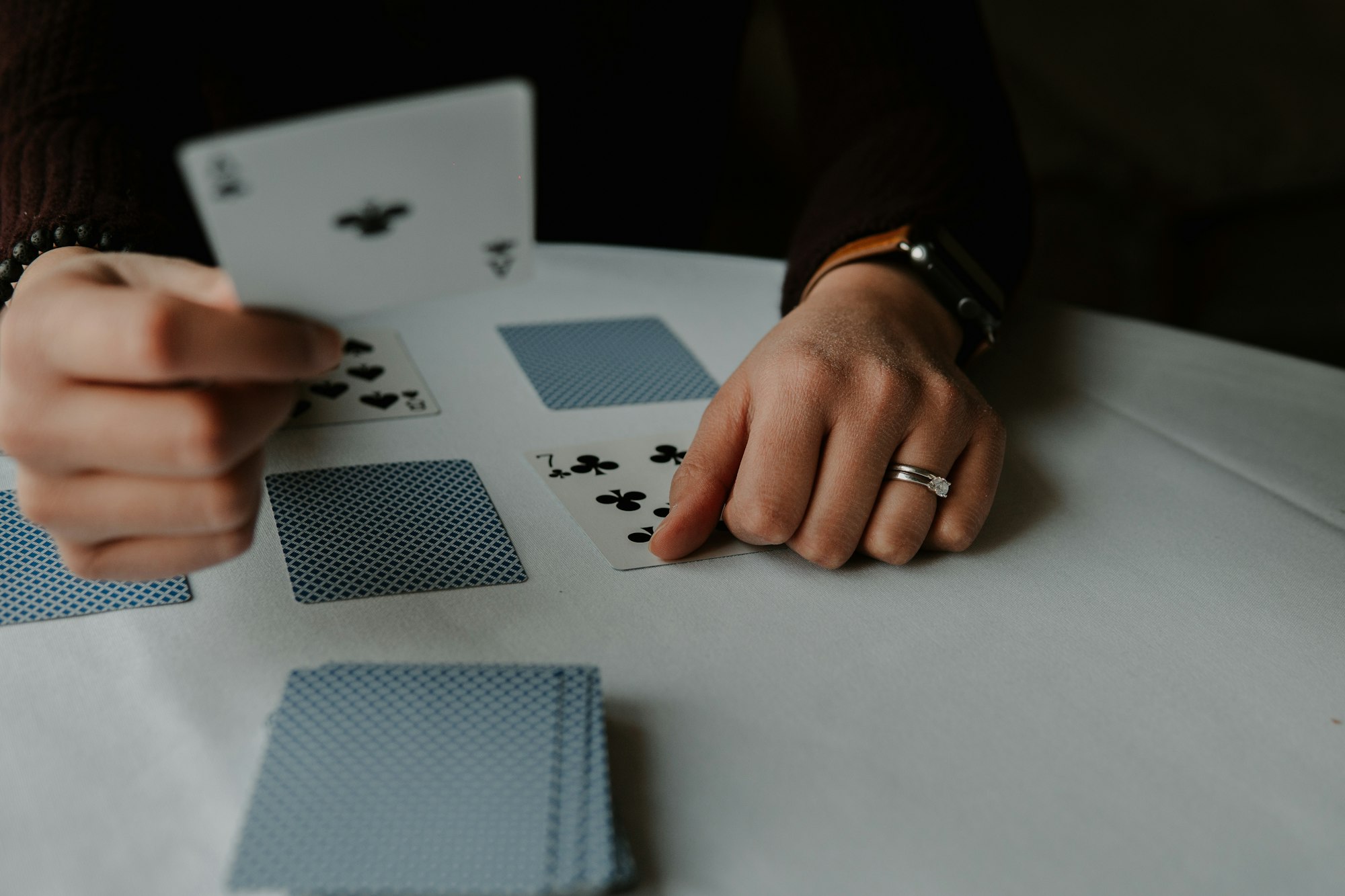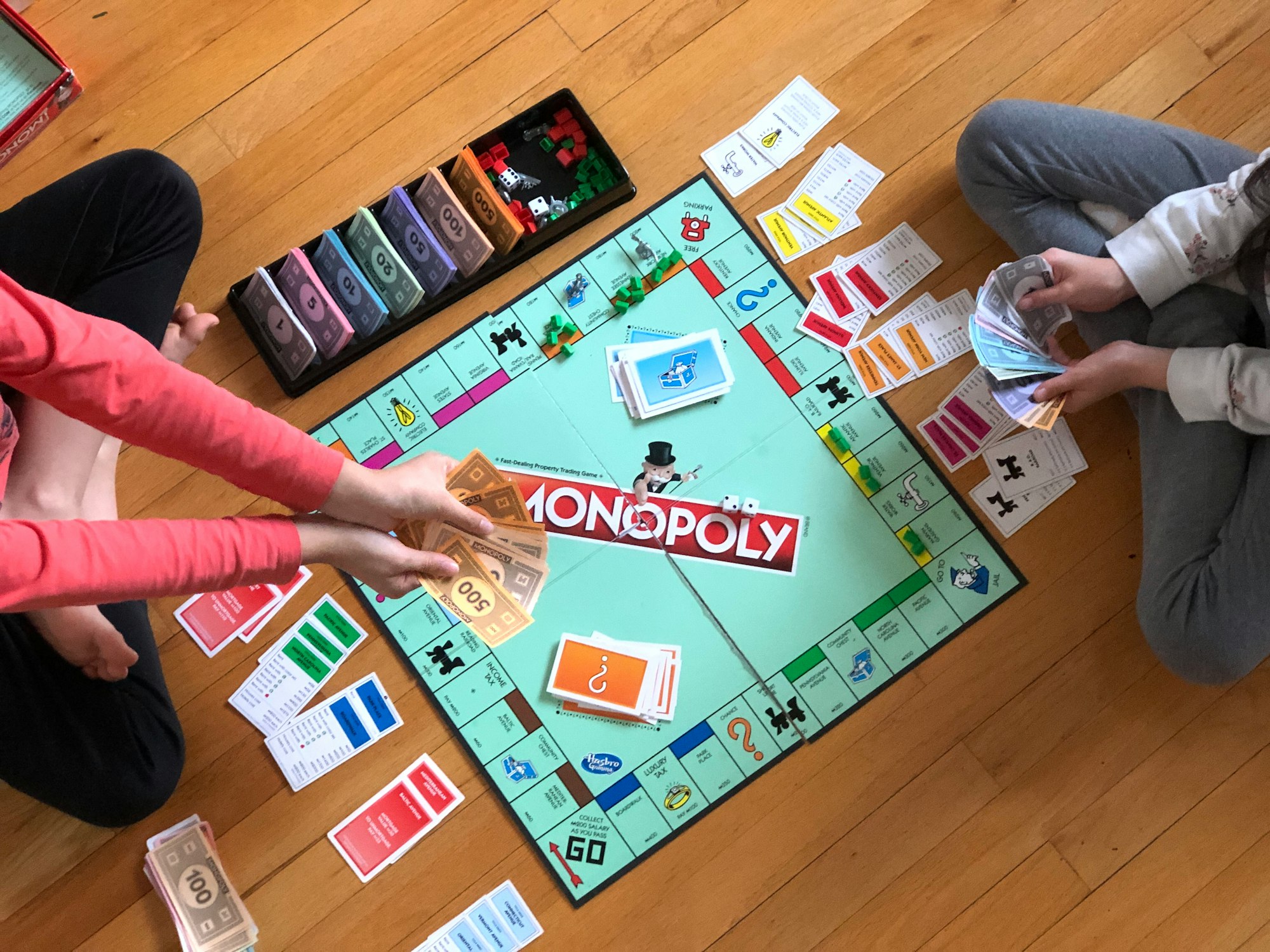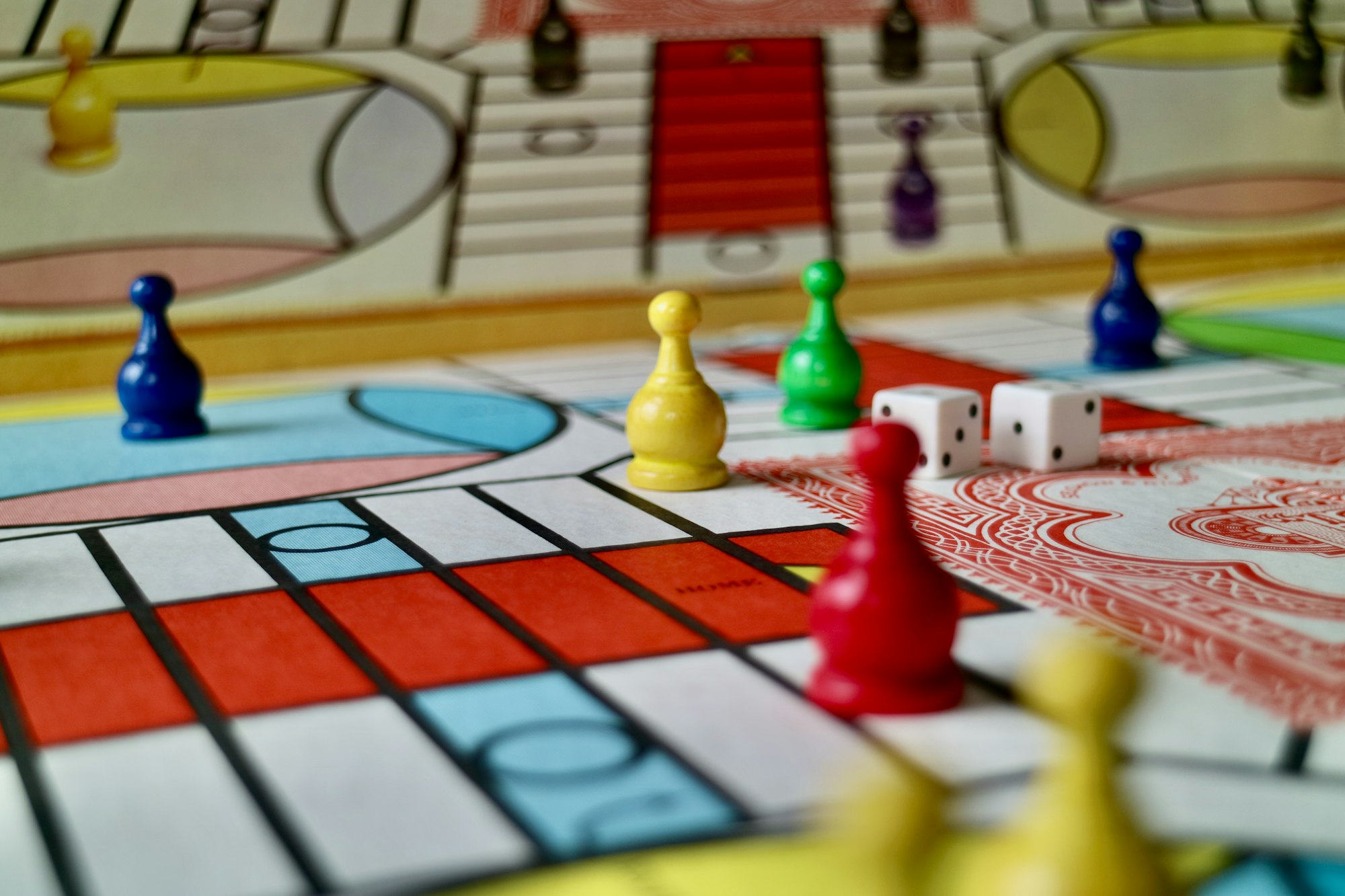Memory Loss Games

Memory loss games offer an effective and enjoyable means to bolster brain health and mitigate the risk of dementia. These games encompass a wide range, from traditional card and board games to interactive video games. They serve as a valuable form of brain training, promoting cognitive skills like memory, concentration, problem-solving, focus, processing speed, and attention. Moreover, these games prove beneficial for seniors facing mild cognitive decline or memory-related challenges.

It's More Than Just Fun: The Advantages of Cognitive Stimulation
Memory games provide numerous benefits, such as improved concentration, enhanced confidence, increased engagement in daily activities, reduced anxiety and stress, and the promotion of social interaction. They offer a pleasurable leisure activity suitable for individuals of all ages, whether playing cards like Solitaire, Hearts, and Bridge, classic board games like Scrabble and Monopoly, or online games such as Brain Age and Professor Layton. When choosing an activity, consider factors like age group, cognitive level, physical ability, budget, and personal interests.
A Game Plan for Dementia Patients
In the early stages of dementia, it's essential to engage in games that challenge various cognitive aspects. Jigsaw puzzles, for instance, sharpen problem-solving skills, hand-eye coordination, and memory recall. Board games enhance manual dexterity, concentration, and overall cognitive activity, while rolling dice games boost math and critical thinking abilities. Matching and word games contribute to memory recall and language skills.
Embracing electronic games designed for dementia patients opens up a world of colorful, sensory stimulation. These games offer a wide range of activities, including word puzzles, matching games, crossword puzzles, and tasks to enhance cognitive functions.
Regular participation in these games aids in maintaining mental well-being and preserving cognitive abilities. Coupled with a healthy lifestyle, which includes a balanced diet, physical activity, sufficient sleep, stress management, and social engagement, memory games serve as a cornerstone for good brain health.
Tailoring Your Game for Cognitive Improvement

Different games target distinct cognitive skills, so choose activities that align with your specific goals for cognitive enhancement. Opt for enjoyable games that offer mental stimulation, as they are more likely to sustain your interest and attention. With experimentation and exploration, you can discover the perfect memory games that cater to your needs, amplify cognitive functions, and safeguard your brain health.

A Path to Dementia Delay and Brain Health
By incorporating memory games into your daily routine, you can play a proactive role in maintaining brain health and reducing the risk of dementia. Select games suited to your age, cognitive level, physical capacity, budget, and interests, and simultaneously boost your concentration, confidence, and engagement in daily activities. With the addition of a healthy lifestyle, games become a powerful tool to keep your mind sharp and active as you age.
The Power of Memory Games for Dementia and Alzheimer's
Memory loss games provide a fun and engaging method to slow the progression of memory-related diseases, such as dementia. These games help maintain cognitive skills, improve memory recall, and create new neural pathways in the brain. They offer a delightful way for both patients and caregivers to stay engaged while preserving crucial mental function.
When selecting memory loss games, consider the individual's skill level and focus on activities that match their abilities. Whether targeting visual memory, word matching, or problem-solving, choose memory loss games with varying levels of difficulty to accommodate changing needs over time.
Also, ensure the games align with the individual's interests, as there is a wide array of memory loss games available. Whether played solo or in a group, memory loss activities offer both cognitive stimulation and social interaction.
Memory Games: Keeping It Engaging
Memory games don't have to be dull; they can be enjoyable and interactive for everyone involved. With the right memory loss games, you can help slow memory progression while enjoying quality time with your loved one or yourself.
Top Memory Games for Early Dementia Stages
- Concentration
- Word Association Games
- Categorization Games
- Memory Lotto
- Memory Matching
- Picture or Photo Clues
- Storytelling
- Card Games like Rummy
- Brain-Teaser Puzzles and Logic Problems
- Digital Memory Games (e.g., memory apps)
These memory games are both entertaining and effective in improving memory recall, concentration, and cognitive skills for individuals in the early stages of dementia or experiencing age-related memory loss. Caregivers also find them a stimulating pastime that takes into account their loved one's abilities.
Word Games for Memory and Cognition

Word games offer benefits like improved memory recall, enhanced cognitive function, and better memory retention. Crosswords, word searches, anagrams, and other word-based games can help dementia patients remember words more effectively. They also boost processing speed and concentration, fostering social interaction when played with others.
Unlocking Memory with Lotto
Memory Lotto is a fun game that enhances memory recall in dementia patients. Players match pairs of items using memory alone, improving memory skills, hand-eye coordination, and motor skills. Whether played solo or with others, Memory Lotto is an ideal memory game for dementia patients.
Card Games for Cognitive Stimulation

Card games are excellent memory-enhancing tools for individuals with memory loss due to dementia or aging. These games offer engaging and enjoyable activities while enhancing memory recall, concentration, and pattern recognition. Card games also promote social interaction, improve hand-eye coordination, and support daily living activities.
The Benefits of Board Games

Board games offer advantages like memory recall, cognitive skills, and social connections for dementia patients. They stimulate memory and keep the mind active, fostering social interaction and enjoyment for all participants. Popular board games for dementia patients include chess, checkers, memory matching cards, jigsaw puzzles, and Sudoku.
Video Games: Fun and Cognitive Stimulation

Video games are an engaging way to stimulate memory, keep the mind active, and enhance social interaction for individuals affected by memory-related diseases such as dementia. These games can also improve memory recall, cognitive skills, and problem-solving abilities. Popular video games for dementia patients include memory matching apps, brain-teaser puzzles, word association games, and logic problems.
Mobile Memory Games: Convenience and Cognitive Benefits
Mobile phones have evolved into powerful tools for memory enhancement. Downloadable memory games for cell phones help slow down memory loss in dementia or age-related memory issues. These games offer enjoyable pastimes, build cognitive skills, and enhance memory recall, all without the need for additional materials. Whether you're personally dealing with memory loss or caring for someone who is, consider downloading a memory game to your cell phone and experience the benefits.
A Daily Routine for Dementia Prevention
Incorporating memory games into your daily life can help maintain brain health and reduce the risk of developing dementia. Choose games tailored to your age group, cognitive level, physical ability, budget, and interests. Alongside a healthy lifestyle, which includes balanced nutrition, physical activity, sufficient sleep, stress management, and social engagement, memory games become a cornerstone of good brain health.
In summary, memory games serve as a powerful tool for preserving cognitive function, slowing the progression of memory-related diseases, and promoting cognitive well-being. Select games that cater to individual preferences and skill levels, making cognitive stimulation an enjoyable and beneficial part of life. With the right memory games and a commitment to a healthy lifestyle, you can ensure that your mind remains sharp and active as you age.
Learn More on Dementia Confusion and the Telephone
Our Resources section can help you find the information and tools that you need. We have courses, videos, checklists, guidebooks, cheat sheets, how-to guides and more.
You can get started by clicking on the link below. We know that taking care of a loved one is hard work, but with our help you can get the support that you need.
Click here to go to Resources Section now!
You might also like this article:







